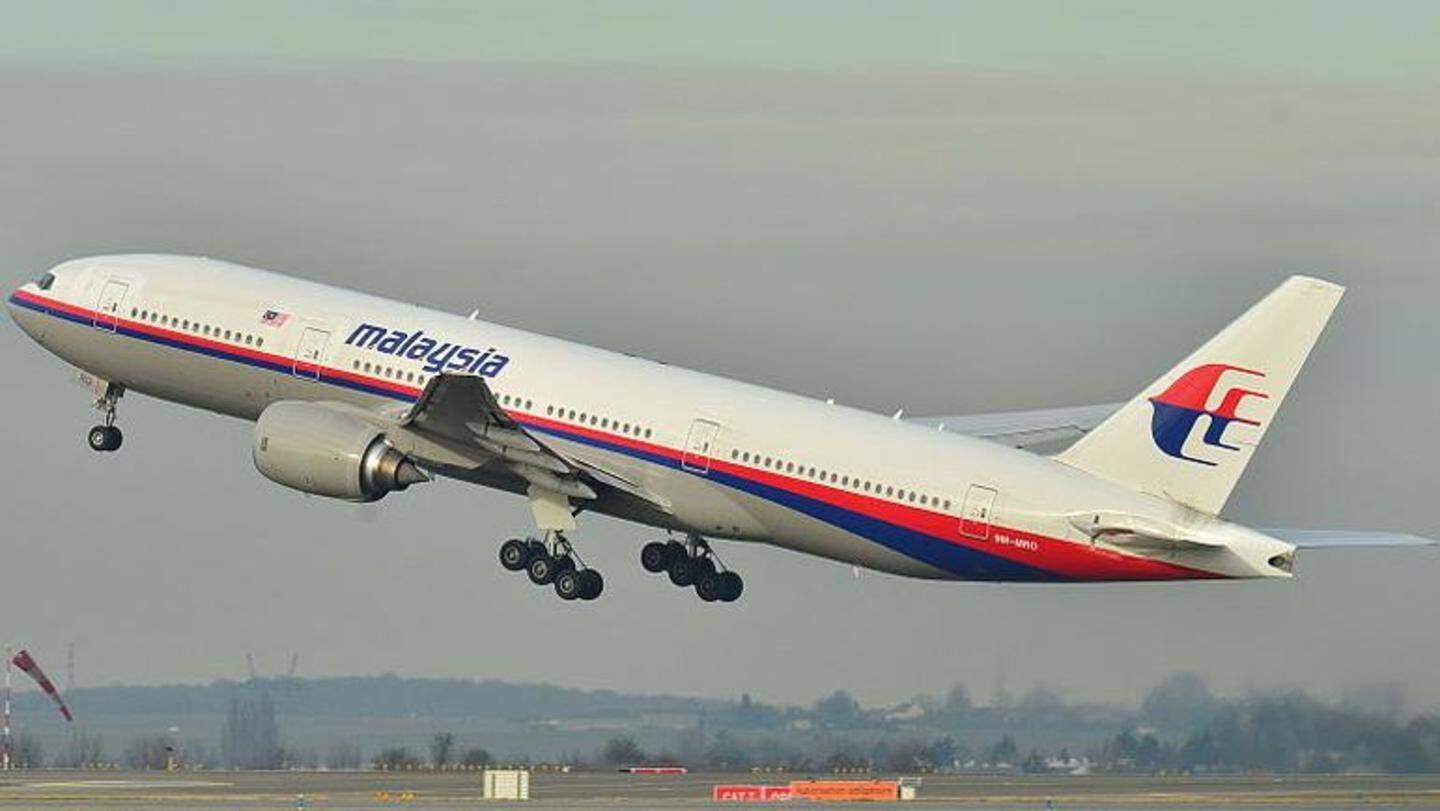
Ocean Infinity's search for Malaysia Airlines MH370 formally ends today
What's the story
The underwater search for Malaysia Airlines Flight MH370 has come to an end today, finding no trace of the aircraft but Australian Government is hopeful that one day it will be located.
The Boeing 777 vanished on March 8, 2014, while flying from Kuala Lumpur (Malaysia) to Beijing. Reportedly, the plane had made an unexpected turn.
A$200mn was spent on the search.
Here's more.
Deal
Malaysia signed 'no cure, no fee' deal with Ocean Infinity
US-based company Ocean Infinity was searching the aircraft in the remote Indian Ocean where it is believed to have been lost. It extended the original 90-day limit twice.
Malaysia signed a "no cure, no fee" deal with Ocean Infinity in January to resume the hunt, a year after the official search in the southern Indian Ocean by Australia, Malaysia, and China was called off.
Search
Ocean Infinity searched over 96,000sqkm of the sea
Australia, Malaysia, and China agreed in 2016 that an official search would only resume if the three countries had credible evidence that identified a specific location for the wreckage.
Malaysia said that the Ocean Infinity ship Seabed Contractor had searched more than 96,000sqkm of the sea.
However, the search area deemed by experts to be the most likely crash site was only 25,000sqkm.
Quote
Largest search in the aviation history
Australian Transport Minister Michael McCormack said the four-year search had been the largest in aviation history and tested the limits of technology and the capacity of experts. "Our thoughts are with the families and loved ones of the 239 people on board MH370," McCormack added.
Request
Australian resident asked Malaysian Government to be more transparent
Danica Weeks, an Australian resident who lost her husband on Flight MH370, urged the country's Foreign Minister Julie Bishop to call on the new Malaysian Government to be more transparent about what they knew about the mysterious disappearance.
"There've been so many theories and rumors and... we don't know what is true and what isn't," Weeks told Australian Broadcasting Corp.